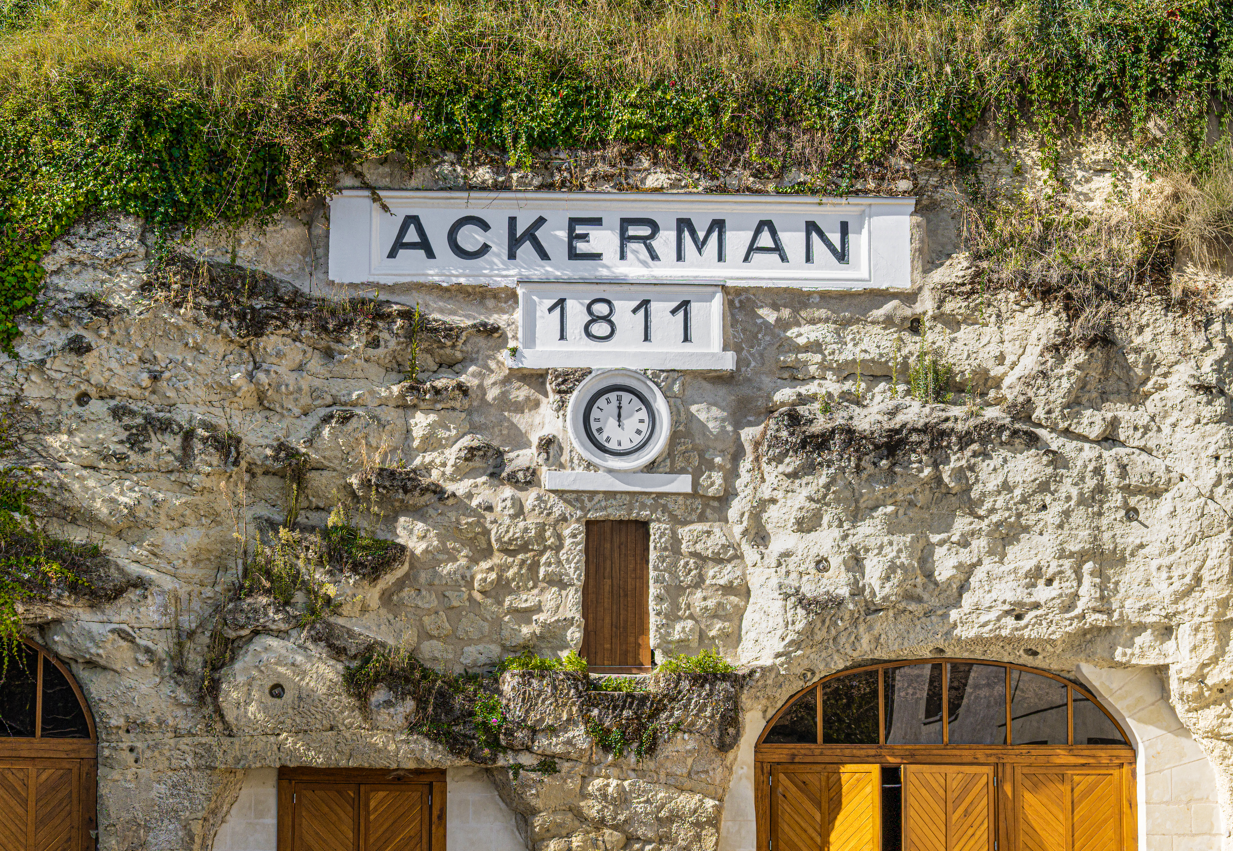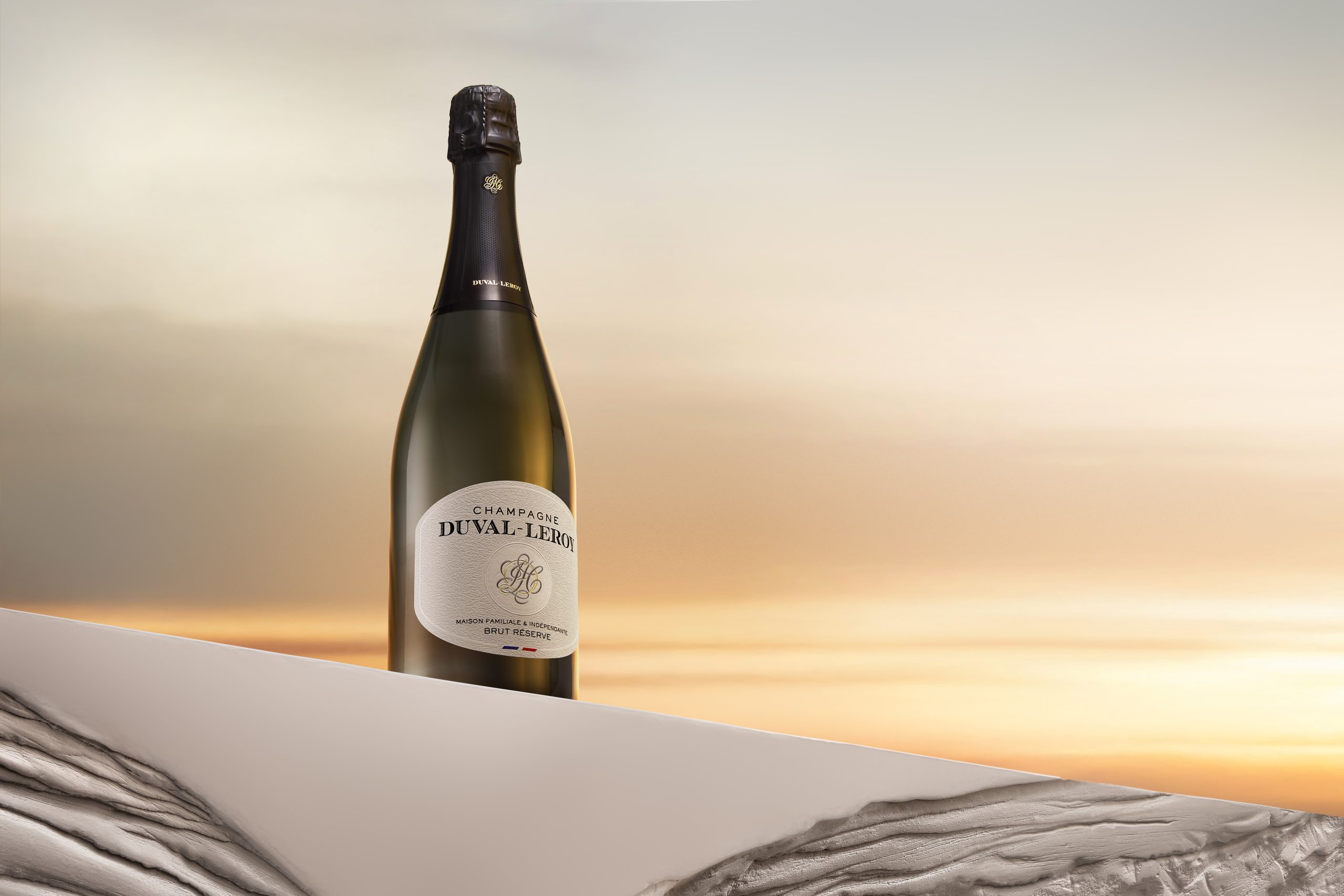Tourists’ alcohol-related claims rejected
Holidaymakers unlucky enough to be involved in an accident having enjoyed a drink beforehand risk having their claims unfairly rejected, according to the UK’s Financial Ombudsman Service.
The service today reported an increasing number of cases in which insurers have wrongly rejected claims from tourists accusing then of “alcohol abuse”, despite many having consumed just a couple of drinks.
Last year the service upheld 53% complaints brought against insurers who had rejected claims on the grounds of alcohol – up from 42% in 2011.
A spokesperson for the service said: “We’re often asked to step in when an insurer is insisting that someone had been drinking alcohol before having an accident – and is refusing to pay out as a result. The majority of travel insurance policies exclude cover for events that happen after excessive alcohol consumption – but that doesn’t mean holidaymakers will only be covered if they don’t drink at all.
“In some cases, we find that terms describing alcohol consumption aren’t clearly defined in the policy – or have been unfairly applied by the insurer to reject a claim. For example, we see cases where insurers accuse their customers of “alcohol abuse” or “alcoholism”, even though medical evidence shows they only had one or two drinks.”
The Ombudsman said tourists can also fall foul of insurers prejudices with many “jumping to conclusions” as to the circumstances of an incident because of a person’s age of the resort in which they were staying.
Most insurers’ policies provide coverage for someone who has had an accident following “excessive alcohol consumption”, defined by the Ombudsman as either a “prolonged or regular overconsumption of alcohol” or a dependency on alcohol.
Partner Content
However in many cases insurers fail to clearly define what “excessive” means allowing then to exploit this ambiguity to unfairly reject claims.
To prove its point, the service highlighted a number of cases in which complaints against insurers had been upheld.
In one example “Mr J” fell down a flight of stairs at a nightclub breaking a leg and suffering a severe head trauma requiring him to have emergency surgery to remove a life-threatening blood clot. The insurer rejected his claim, saying that witnesses had seen Mr J consuming shots, glasses of wine and beers and also said the doctor treating Mr J noted he had “smelled of alcohol” when admitted. Mr J said he had been out with friends but had only consumed only two pints of beer and later had a drink spilt on him, explaining the smell. The ombudsman said this did not amount to “alcohol abuse” and told the insurer to pay his claim.
In another case Mrs D became unwell while on a cruise, and the on-board doctor told her to seek medical attention at the next port where she was diagnosed with acute pancreatitis at hospital. Because the doctor said this condition had been caused her “extensive history of alcohol use” the insurer refused to pay out. The ombudsman checked Mrs D’s GP records – which had no record of alcohol abuse. The cruise ship doctor’s medical report also said that she had not drunk for three nights before falling ill. Because there was no blood test to prove that Mrs D had been drinking excessively, the ombudsman told the insurer to pay out – along with £300 for the stress caused.




